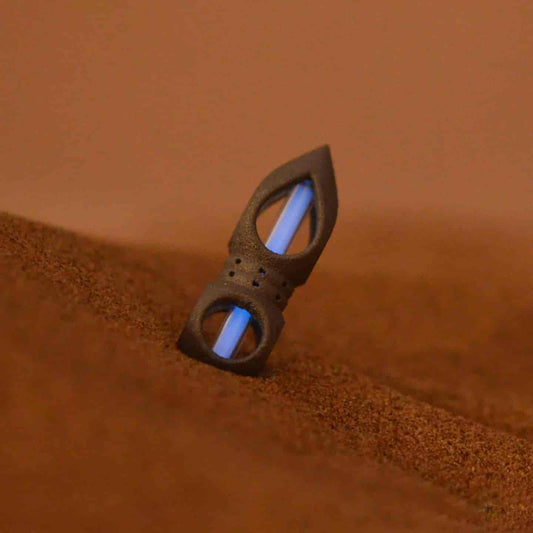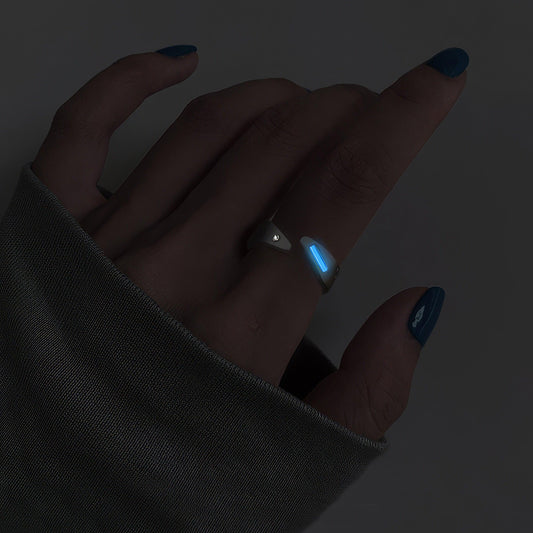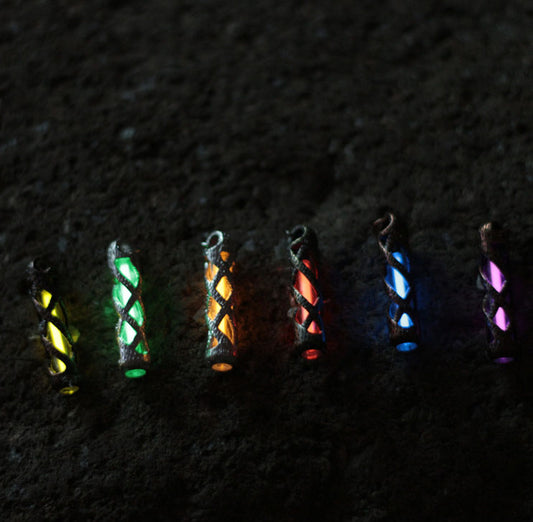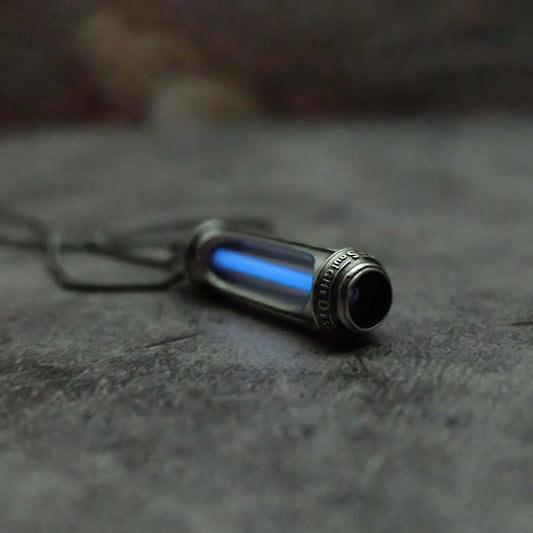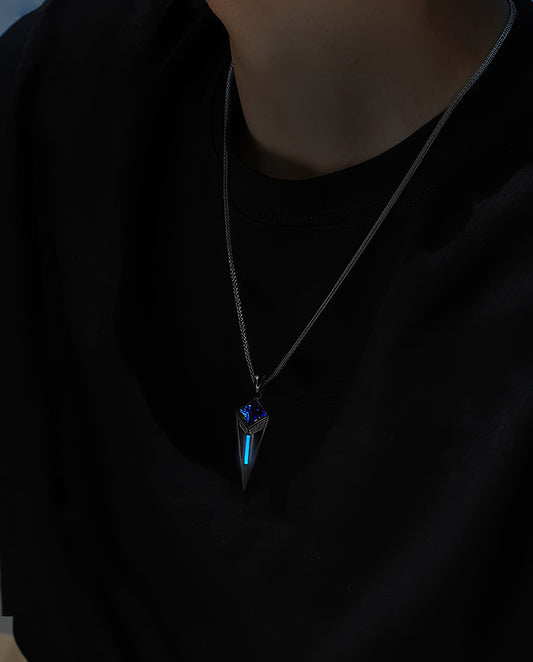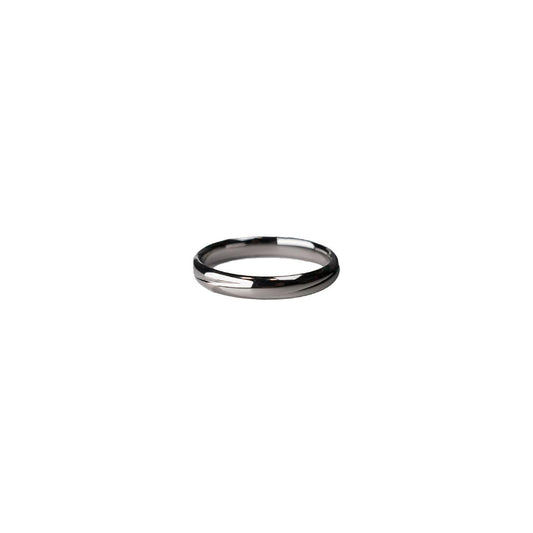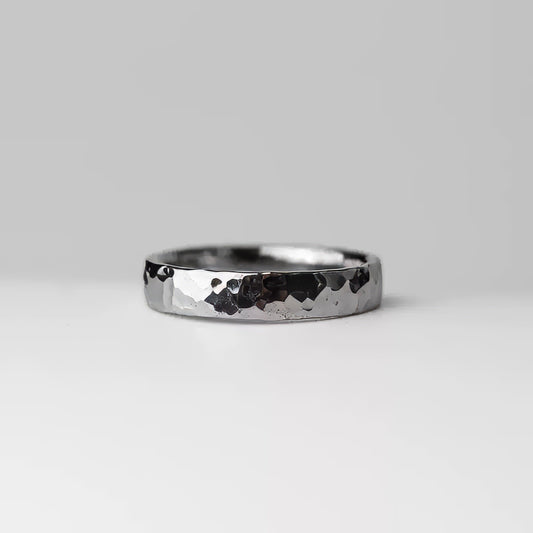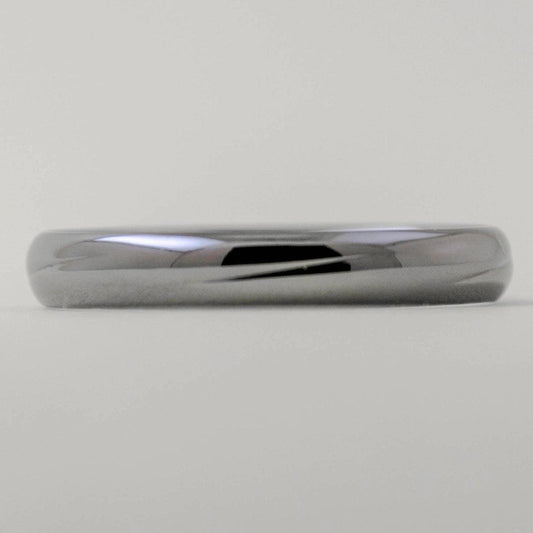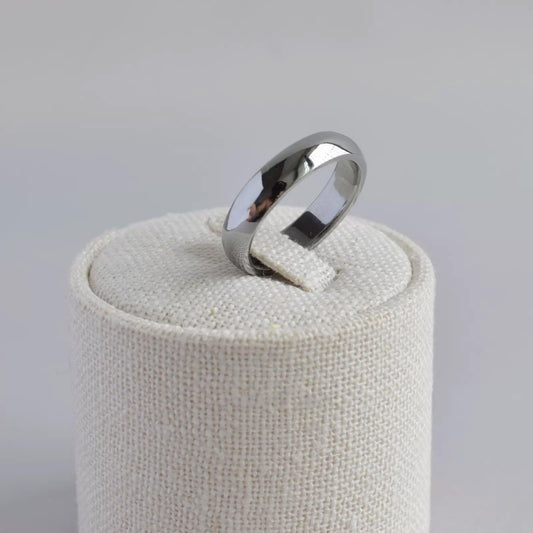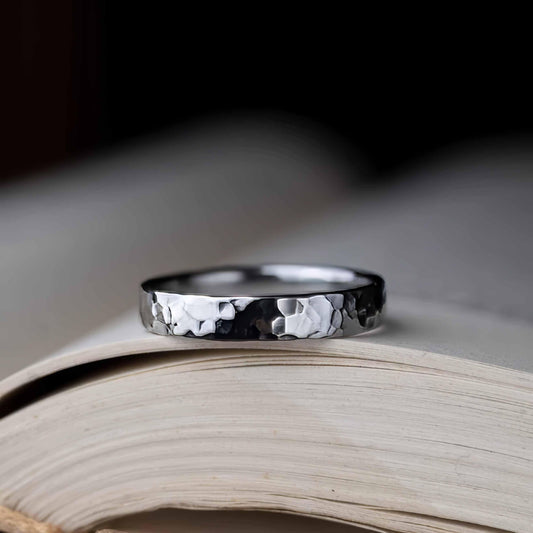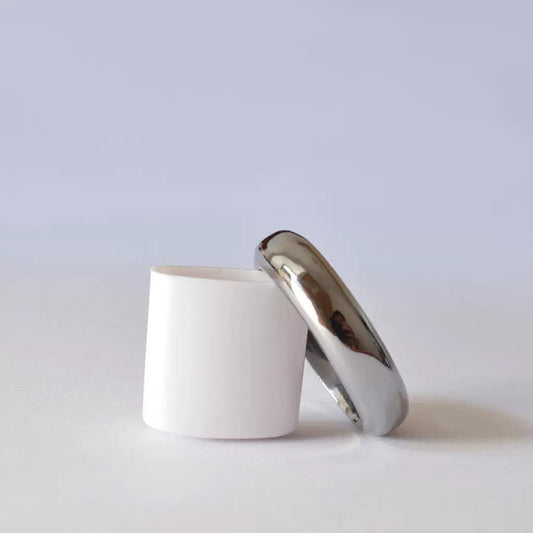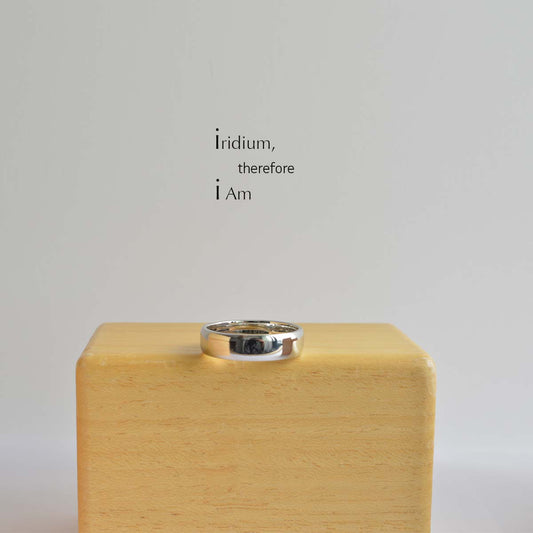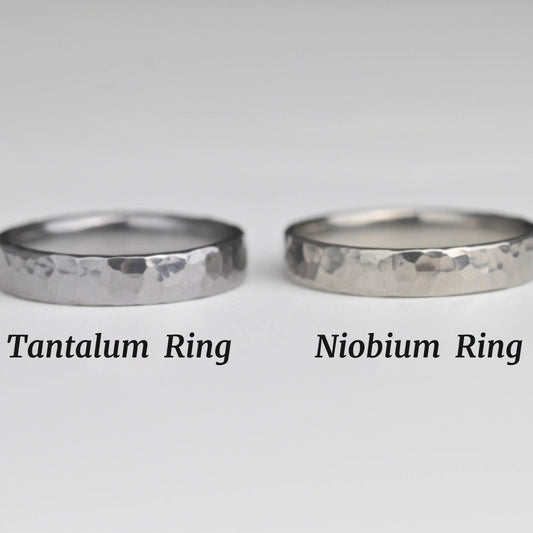Who Buys the Mans Wedding Band A Peek into Tradition and Trends
Who Buys the Mans Wedding Band A Peek into Tradition and Trends
When it comes to the intricate dance of wedding planning, there’s an often-overlooked question that can pop up unexpectedly: Who buys the man's wedding band? It’s a curious topic that can reveal much about changing roles, traditions, and even how couples navigate financial decisions together.
Back in the day, the roles were more defined: the man would purchase an engagement ring for his bride-to-be, and in return, the woman would often take on the responsibility of buying his wedding band. This age-old practice was part of a wider set of wedding traditions that saw couples exchanging responsibilities in a tangible way. However, as times have changed, so too have these customs.
Today, the answer varies widely depending on personal preference, financial situations, and cultural backgrounds. Some couples choose to handle all wedding expenses together, combining finances well ahead of the big day. Others stick to tradition, separating certain responsibilities as a nod to the past. The decision can be as individual as the couple making it.
Take Lisa and Mark, my friends who recently tied the knot. They decided to eschew any traditional expectations by splitting the costs of their wedding bands right down the middle. For them, sharing the financial burden symbolized their partnership and equality in marriage. As Lisa explained to me, "It just felt right for both of us to contribute equally, from the planning to the paying."
When it comes to style, men's wedding bands have also experienced a transformation. Gone are the days when gold was the only acceptable option. Now, choices range from sleek titanium to the rugged appeal of tungsten, which has been gaining popularity for its durability and modern look. Some couples even opt for custom designs that carry a personal significance, such as engravings of meaningful dates or symbols.
Cultural influences can also play a significant role in this decision-making process. In certain cultures, it's customary for the bride's family to purchase both wedding bands as part of the dowry. Meanwhile, in other contexts, it's more traditional for the groom to buy his own band. These variations highlight how wedding traditions can be as diverse as the couples themselves.
Interestingly, the topic of who buys the man’s wedding band sometimes never even crosses a couple’s mind. Yet, exploring this question can uncover deeper conversations about how a couple views partnership, tradition, and their unique journey together. In a way, it's less about the band itself and more about what it represents—two people coming together, each bringing their own values, traditions, and ideas to blend into something new.
In the end, whether the woman buys the man's wedding band or the task falls to someone else, it’s one choice among many that goes into crafting a wedding that reflects a couple’s unique relationship. So, if you're finding yourself on the brink of this decision, know that there’s no one right answer—only what feels right for you and your partner.

